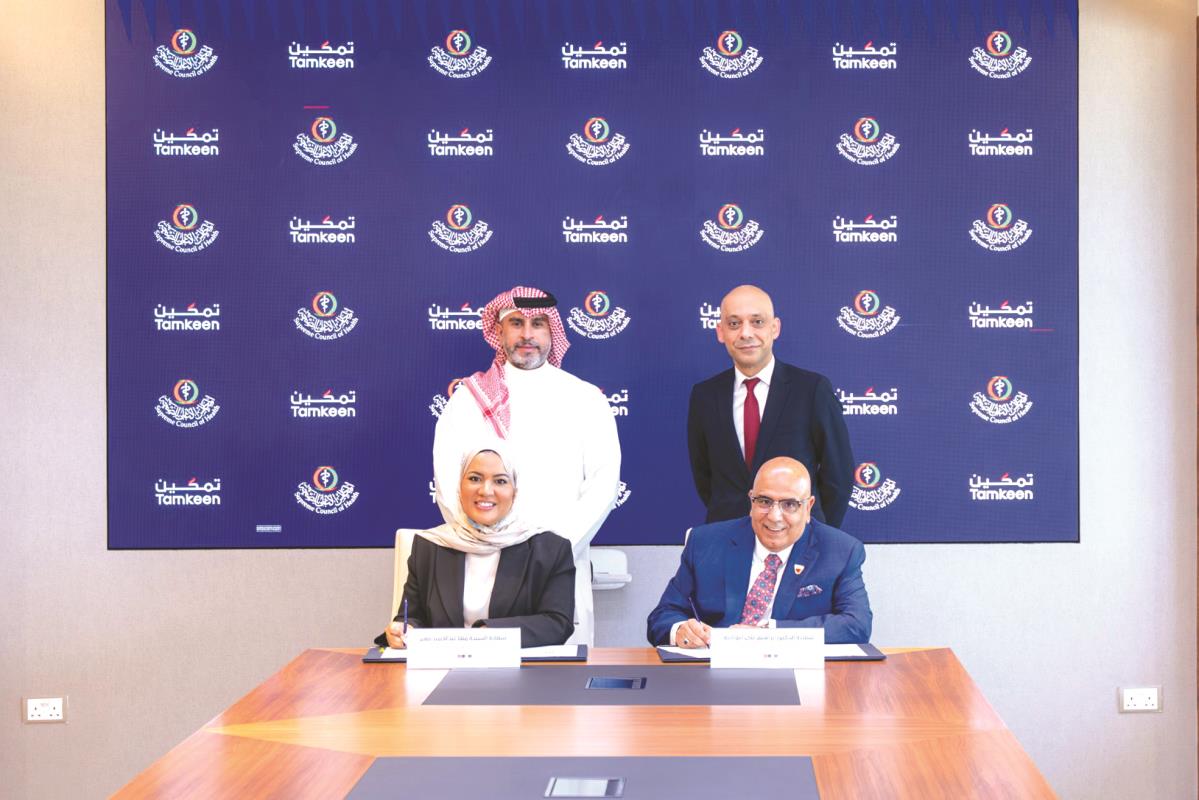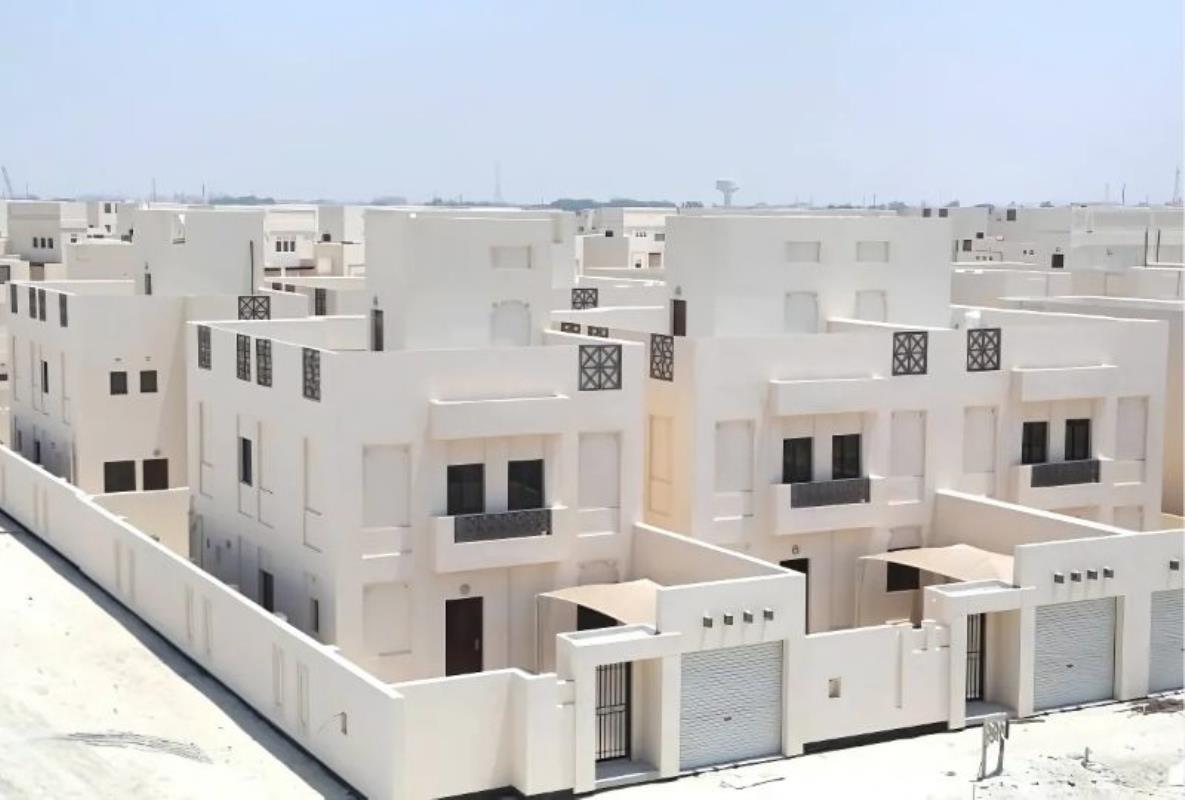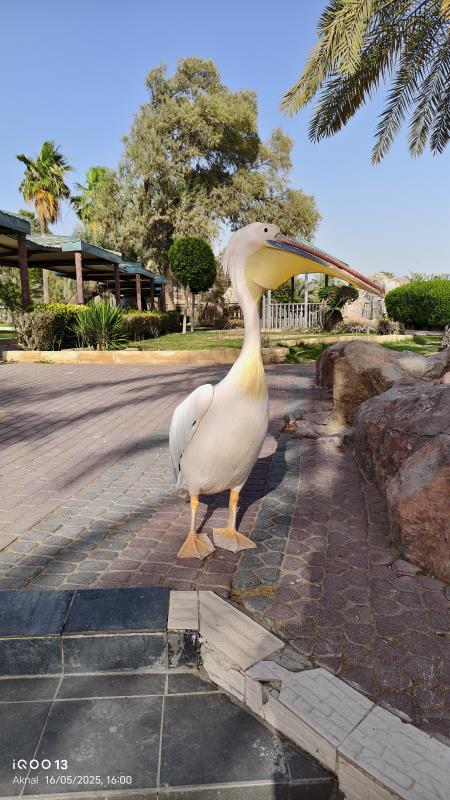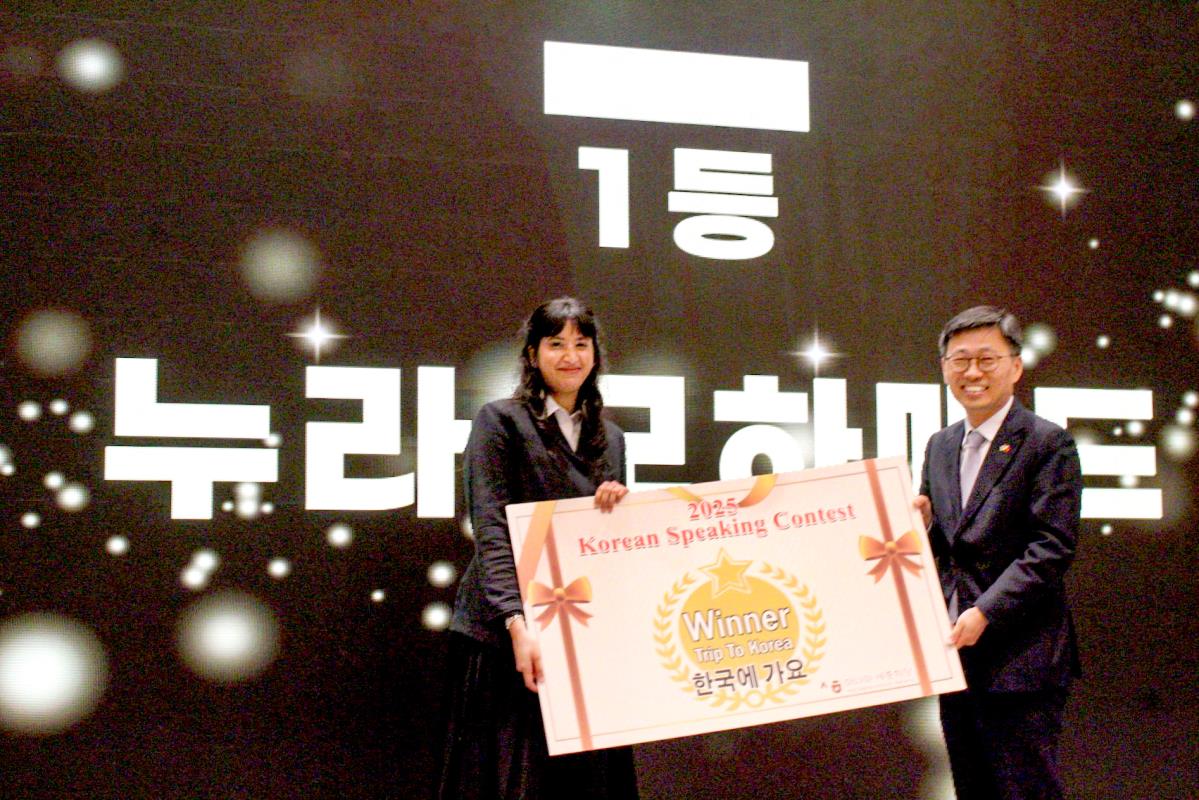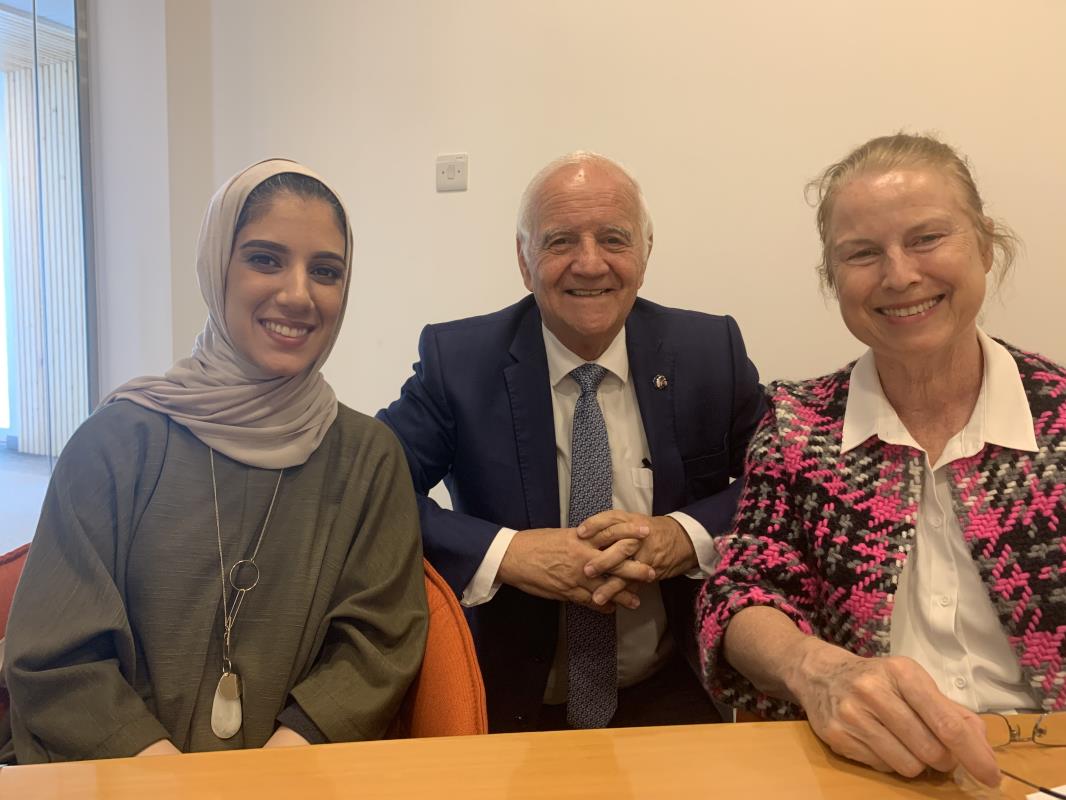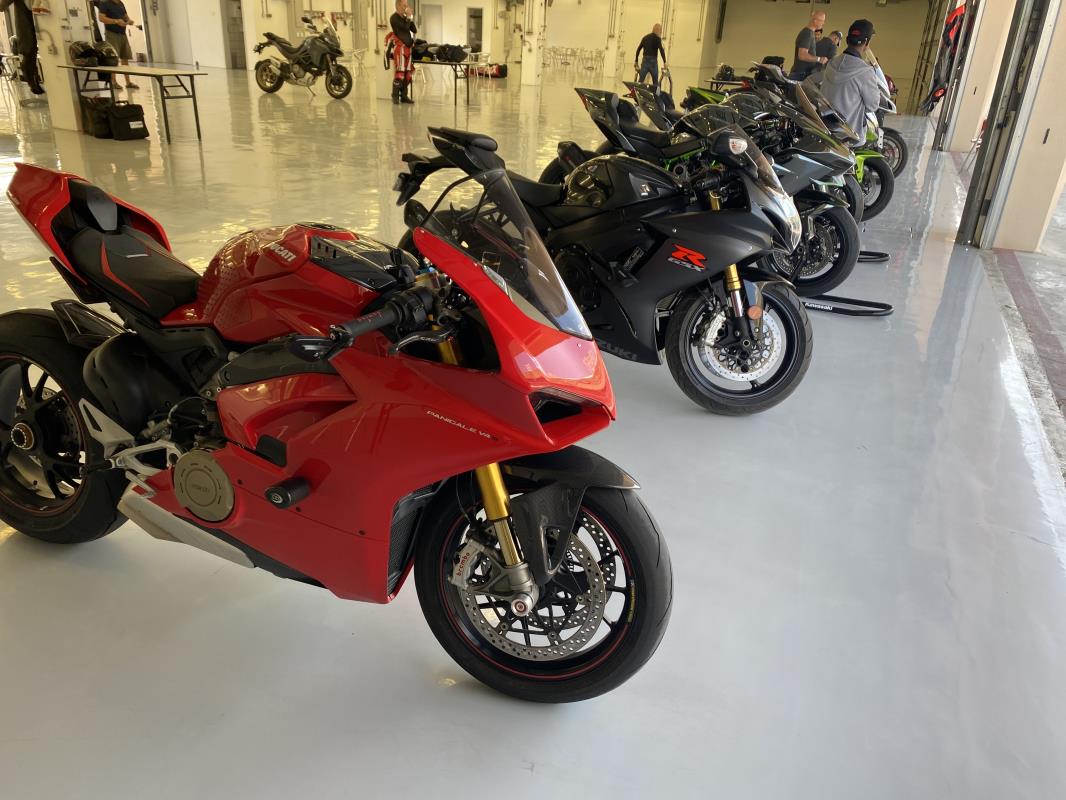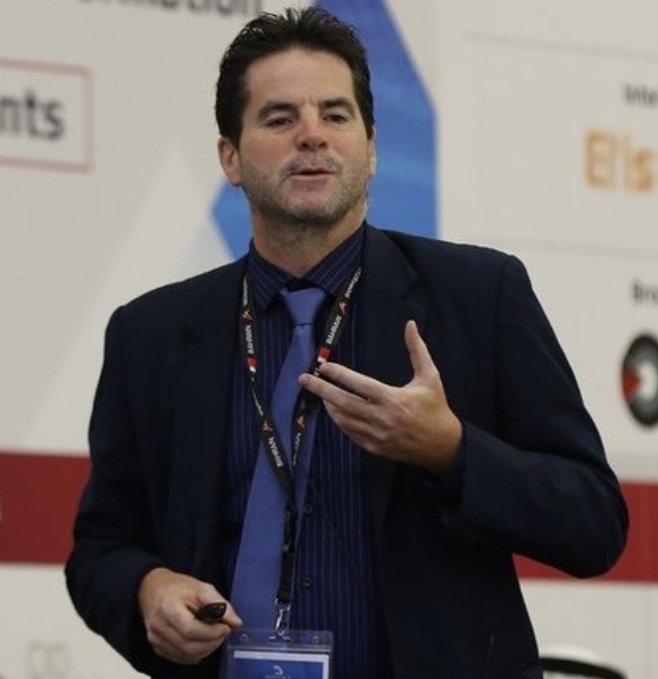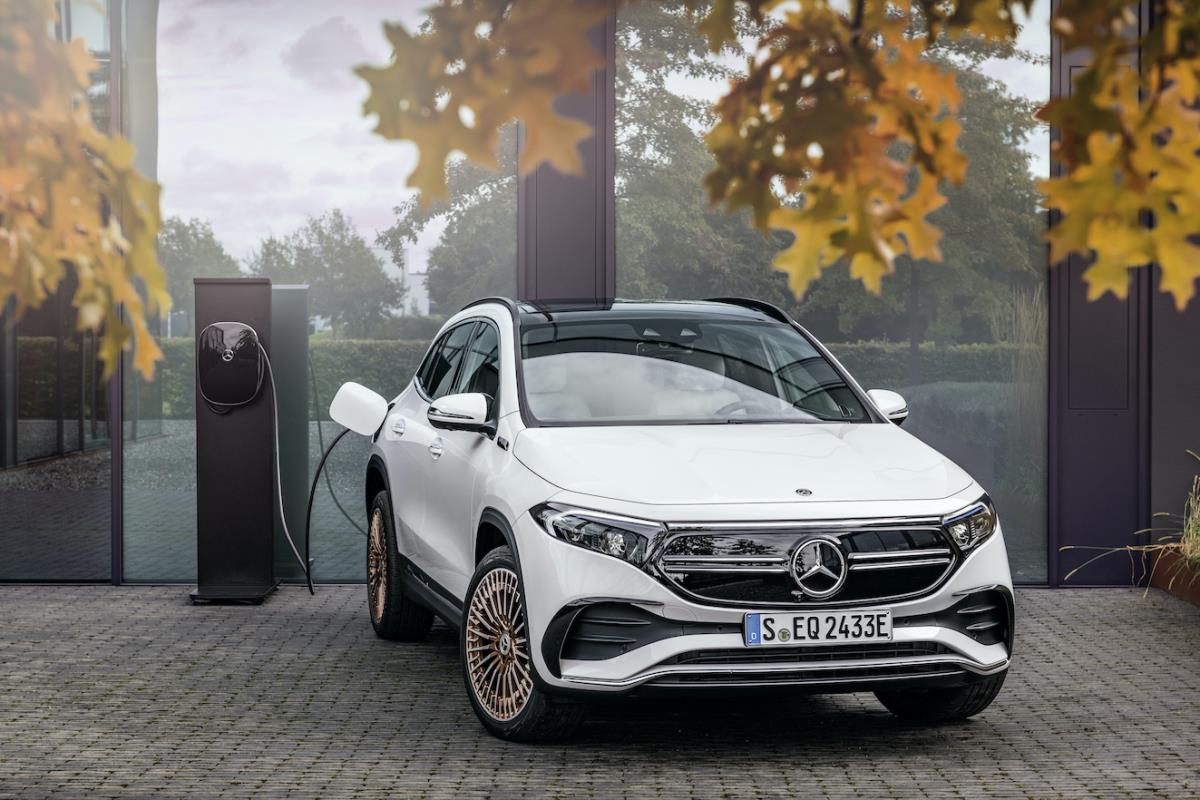
EQA is the name of the new entry-level model to the all-electric world of Mercedes-EQ vehicles. The electro-aesthetics of its design are indicative of the Progressive Luxury of the Mercedes-EQ brand. Smart assistants support the driver in many areas: for example with respect to accident avoidance, the anticipatory and therefore particularly efficient operating strategy, and Navigation with Electric Intelligence. In addition, the car features various exceptional Mercedes-Benz functions, such as MBUX (Mercedes-Benz User Experience). The EQA is a member of the successful compact car family from Mercedes-Benz. A close relation of the GLA, it delivers all the thrilling characteristics of that vehicle, combined in this case with an efficient electric powertrain. The new EQA is being built in Rastatt (Germany) and Beijing (China). The battery systems for the EQA are supplied by the Mercedes-Benz subsidiary Accumotive in Kamenz. The battery factory in Jawor, Poland, is also preparing to produce battery systems for the compact Mercedes-EQ models.
"Mercedes-EQ aspires to take the lead in the field of electric drive systems and vehicle software. To this end, we have defined some ambitious product development goals and resolved to push forward with the accelerated market introduction of new technologies", says Markus Schäfer, Member of the Board of Management of Daimler AG and Mercedes-Benz AG; responsible for Daimler Group Research and Mercedes-Benz Cars COO. "The new EQA allows us to show the way we envisage e-mobility as tailored to the needs of our customers. The EQA proves that, by using a tried and tested architecture, it is possible to achieve an excellent compromise between performance, costs and time to market."
The EQA is being launched as the EQA 250 (combined electric consumption: 15.7 kWh/100 km; combined CO2 emissions: 0 g/km)[1] with 140 kW and a range according to NEDC of 486 kilometres[2]. The "double-decker" lithium-ion battery, which sits as a structural element within the underbody of the vehicle, has an energy content of 66.5 kWh. In order to meet the high standard of noise and vibration comfort that is such a hallmark of the brand, complex measures have been taken to isolate the electric powertrain from the chassis and body. Numerous damping measures enhance this effect.
"Progressive design and intuitive operation are two of the highlights of the EQA. With this car, for the first time we are offering our customers an all-electric Mercedes in the compact segment with an extensive range that ensures its viability in everyday use. As such, the new EQA is an important vehicle along our path towards the electrification of all our vehicle segments", says Britta Seeger, Member of the Board of Management of Daimler AG and Mercedes-Benz AG, responsible for Mercedes-Benz Cars Marketing and Sales.
"Thanks to MBUX, our vehicles these days have become mobile assistants. With the EQA we take things a step further: clever support functions such as Navigation with Electric Intelligence are integrated here into MBUX, making it even easier to use", emphasises Sajjad Khan, Member of the Board of Management of Mercedes-Benz AG, CASE. "Furthermore, the EQA shows how we have been able to reconcile a state-of-the-art and sustainable electric drive system with the Mercedes-Benz core value of Safety."
[1] The electrical consumption and the range have been determined on the basis of Commission Regulation (EC) 692/2008. The power consumption is dependent upon the vehicle configuration. Further information on the official fuel consumption and the official specific CO2 emissions of new passenger cars can be found in the "Leitfaden über den Kraftstoffverbrauch, die CO2-Emissionen und den Stromverbrauch neuer Personenkraftwagen" [Guide on the fuel economy, CO₂ emissions and power consumption of all new passenger car models], which is available free of charge at all sales outlets and from Deutsche Automobil Treuhand GmbH at www.dat.de.
[2] According to WLTP the figure is 426 kilometres.


























































